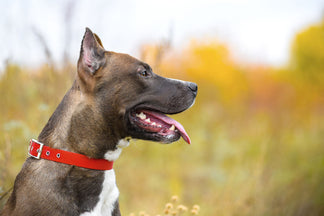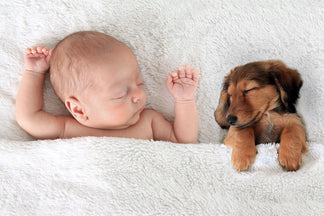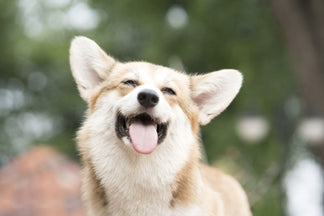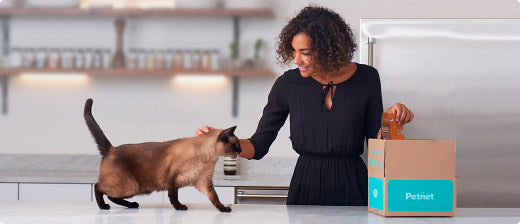Summer may be drawing to a close, but family gardens are still going strong and depending on where you live you may be lucky enough to garden all year round. Let’s take a look at some of the potential hazards to your pets.
Toxic Plants
Each pet may react differently to eating various toxic plants, but it pays to be cautious and keep Fido and Fluffy away from the garden as best as possible. Ingesting a toxic plant may cause mild gastrointestinal issues or major life-threatening reactions so it’s important to be able to identify the suspected plant and act quickly to counter any dangerous reaction.
Some common plants, fruits and vegetables that may be toxic for your pets:
| Plants | Fruits and Vegetables |
|---|---|
| Azalea | Onion |
| Lily | Chives |
| Hyacinth | Garlic |
| Oleander | Cherry |
| Rhododendron | Leeks |
| Tulip | Grapes |
A full list of toxic plants and vegetables is available from ASPCA.
Toxic Substances
In addition to potential toxicity from the plants in your garden, there is also the danger from fertilizers, mulch and pesticides. Always check the labels on the pesticides and fertilizers you use and insist on pet-safe products. You can also plant flowers that naturally repel insects like the Mexican Marigold.
Mulch, particularly coco bean mulch contains a potentially lethal substance, theobromine. Substitute pine bark or something less toxic.
Unwelcome Garden Visitors
Wild animals or rodents are another issue. Most wild animals you find in your garden such as rabbit or deer are going to run away from your pet, so the only damage from them might be your carrots or lettuce leaves. But rodents including rats, moles, skunks and raccoons may not only cause damage to your garden, they could challenge your pet. Believe me, you don’t want your pet sprayed in the face by that skunk skulking around in your garden or get have them bit by a raccoon.
A fence may work on some of these animals, but it should be sturdy, tall and underground. Bait traps are a humane option and some experts also recommend castor oil, cayenne pepper, solar powered repellers or a variety of homemade remedies. Your best bet is to ask your local garden store for assistance and make sure you tell them you have pets, so they can factor their safety into their recommendations for deterring these pests.
Other Safety Tips
- If you have a pool or a pond, make sure your pets know how to swim and get out of the pool or pond safely. Also watch their consumption of water from the pool as ingesting too much can cause them to vomit. Same goes for the water from a pond as it may hold some potentially harmful bacteria or mold.
- Make sure you safely store all of your garden tools. Some of those hand tools can be an inviting toy for your pup to pick up and run around with and they may cause injury to themselves or another pet.
- Be sure to keep your pets off the grass for several hours after you spray weed killer or fertilizer. It can get on their paws and then they can lick it off, causing problems.
- Dealing with potentially toxic plants, insects, wild animals and other safety concerns can be a challenge, but ensuring your garden is safe for your pets is essential.
Sources:
https://www.epicgardening.com/pet-safe-garden/
https://www.aspca.org/pet-care/animal-poison-control/toxic-and-non-toxic-plants/
https://www.petinsurance.com/healthzone/pet-articles/pet-health-toxins/Spring-Garden-Safety-for-Pets.aspx?extcmp=smd-ebiz-BL0002-fbwall
https://www.hgtv.com/outdoors/gardens/animals-and-wildlife/10-hidden-pet-dangers-in-your-yard-and-garden




 General
General
 General
General
 General
General
